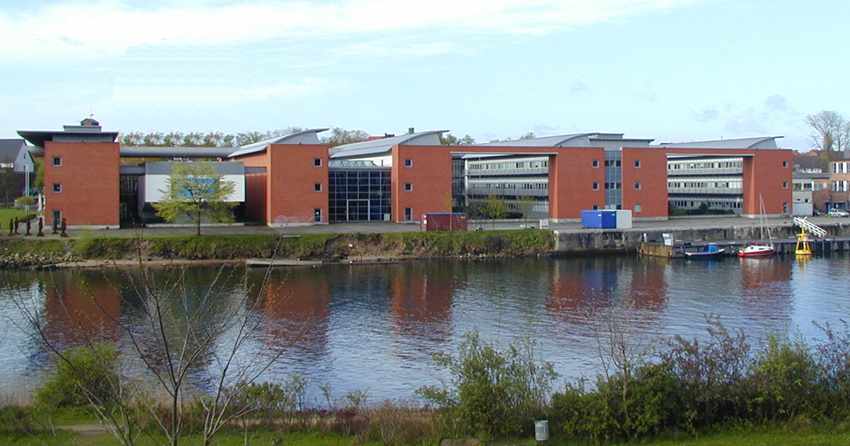The institute has four major research divisions: Ocean Circulation and Climate Dynamics, Marine Biogeochemistry, Marine Ecology, and Dynamics of the Ocean Floor. In addition, GEOMAR contributes to the Cluster of Excellence "The Future Ocean" and the collaborative research centre SFB754: "Climate-Biogeochemistry Interactions in the Tropical Ocean", funded by the German Science Foundation (DFG).
The GEOMAR operates four research vessels, state-of-the-art equipment such as the manned submersible JAGO, the deep-sea robots ROV KIEL6000, PHOCA and ABYSS as well as several major laboratories. It has access to high-performance computing facilities and an attractive public aquarium.
GEOMAR is among the three leading institutions in the field of marine sciences in Europe. Jointly with the National Oceanography Centre in the United Kingdom and Ifremer in France, GEOMAR has established the "G3 group" of national marine research centres. In addition, GEOMAR is active in a number of national and international committees and strategic alliances such as the German Marine Research Consortium (KDM), the German Climate Consortium (DKK), and the Partnership for Observation of the Global Oceans (POGO).
More information on the GEOMAR is available here.
…
